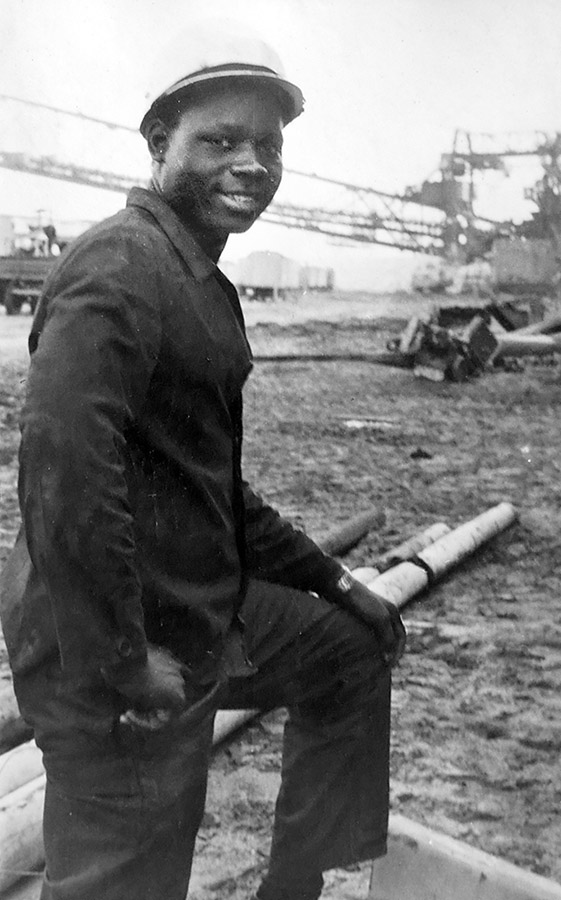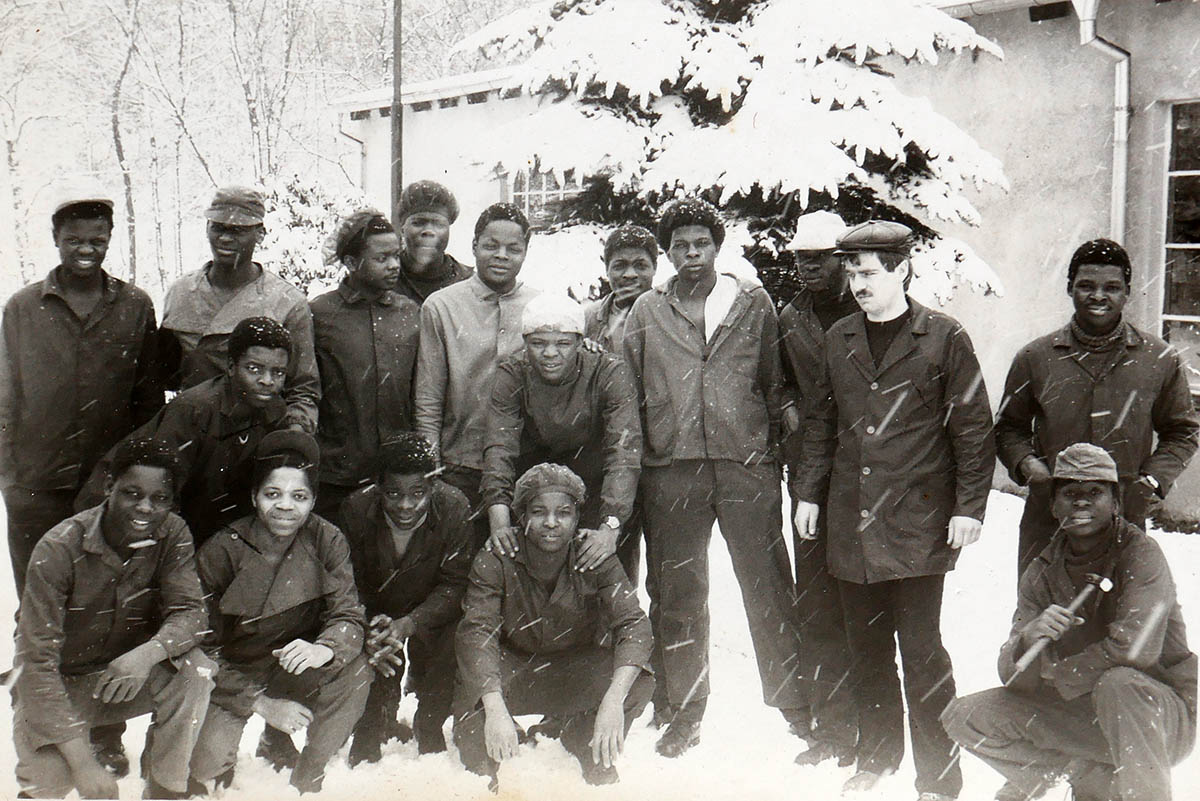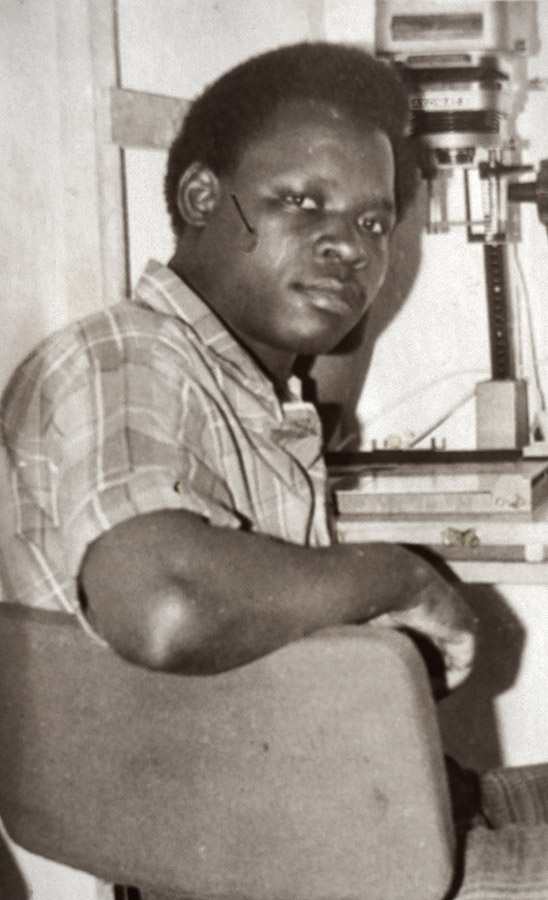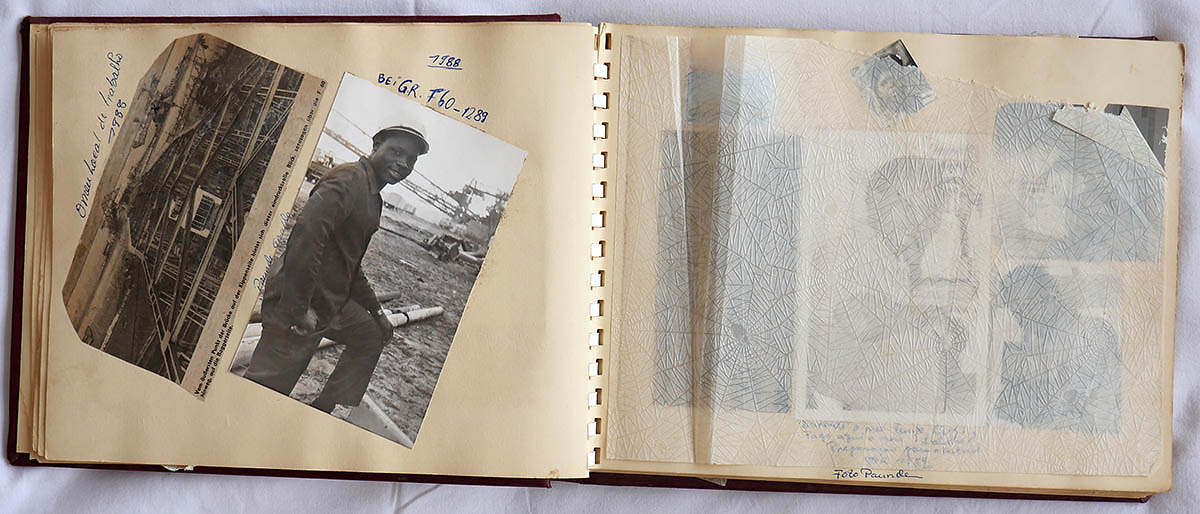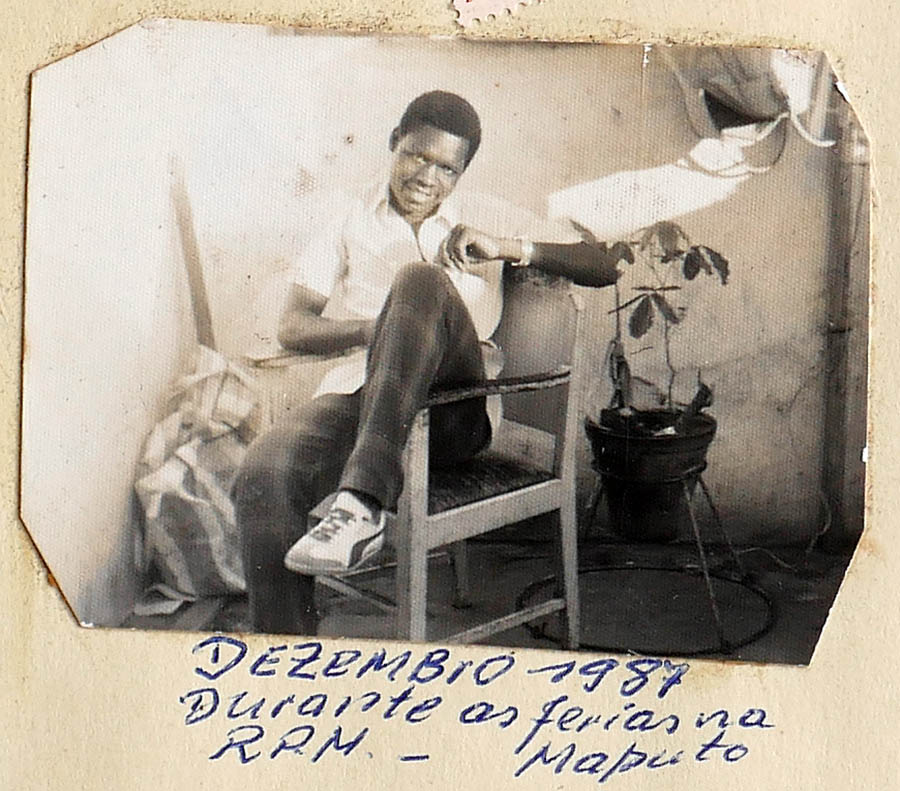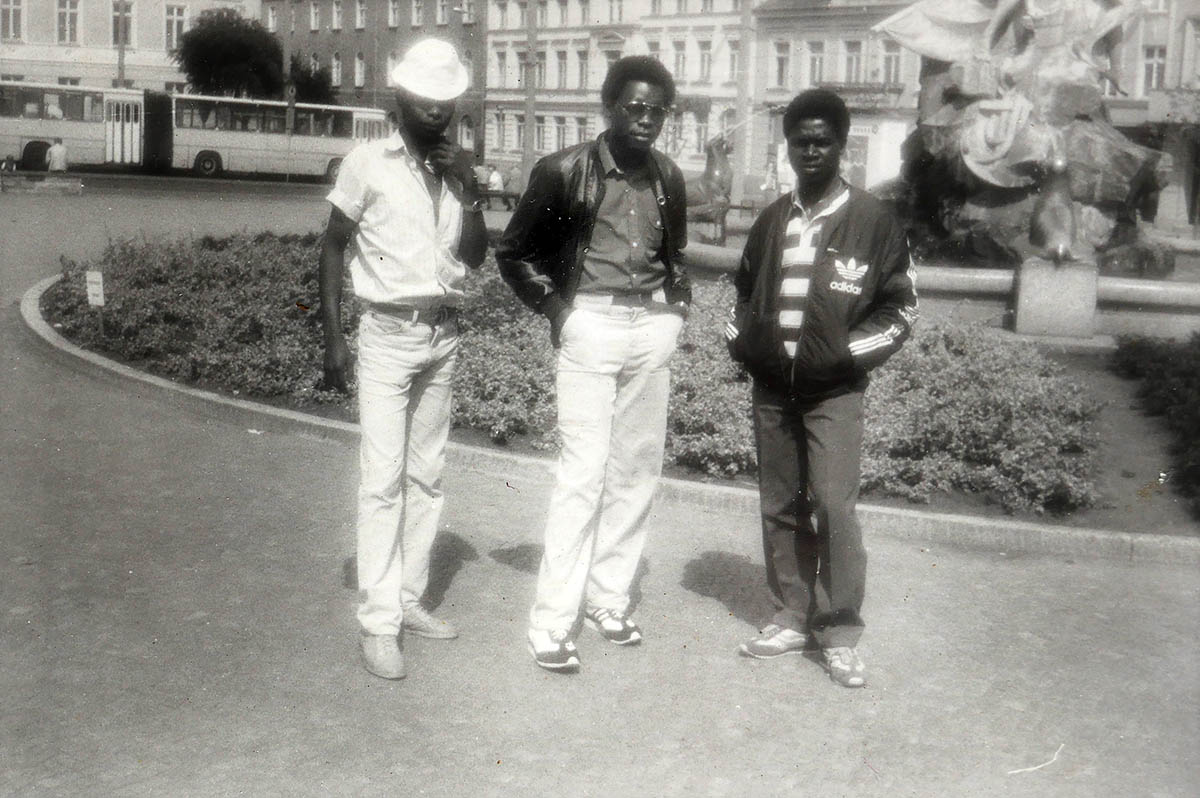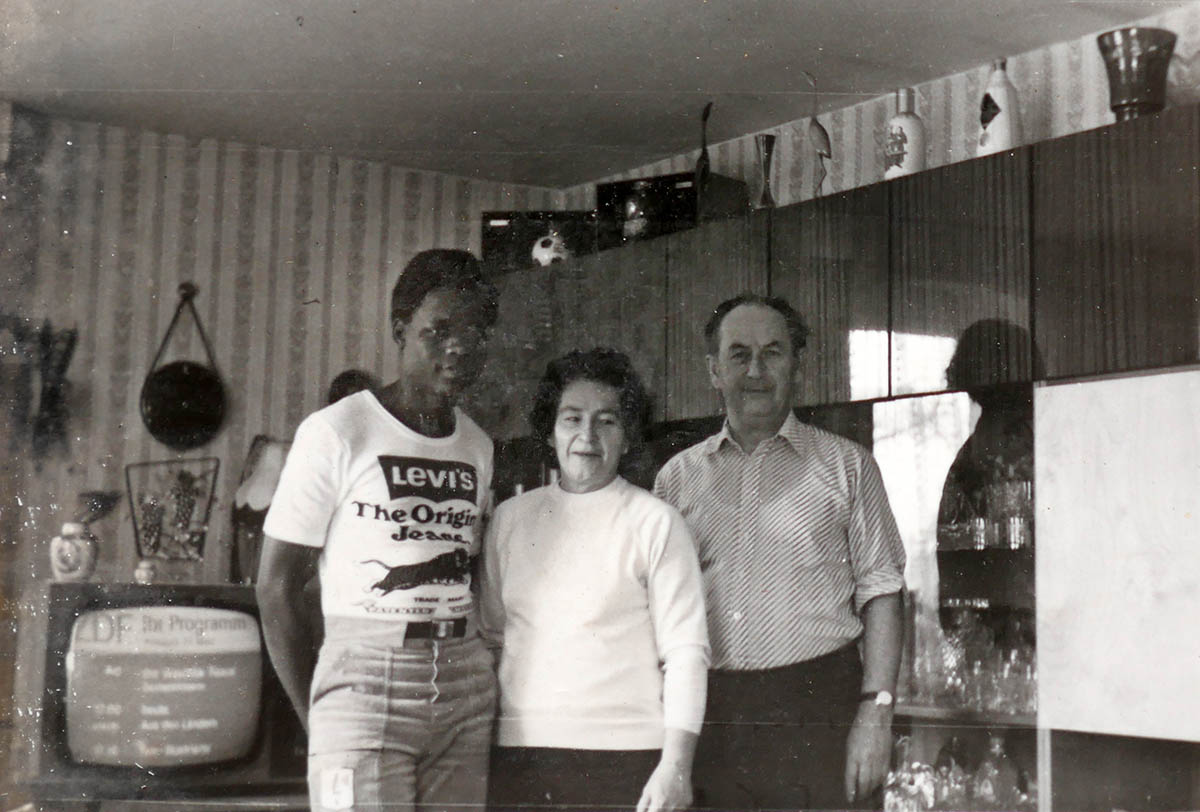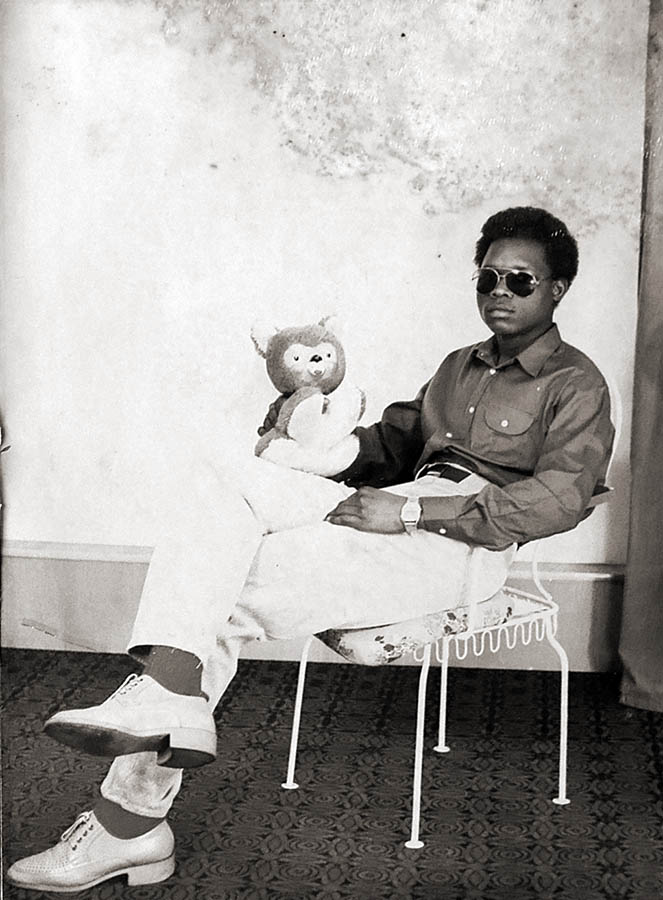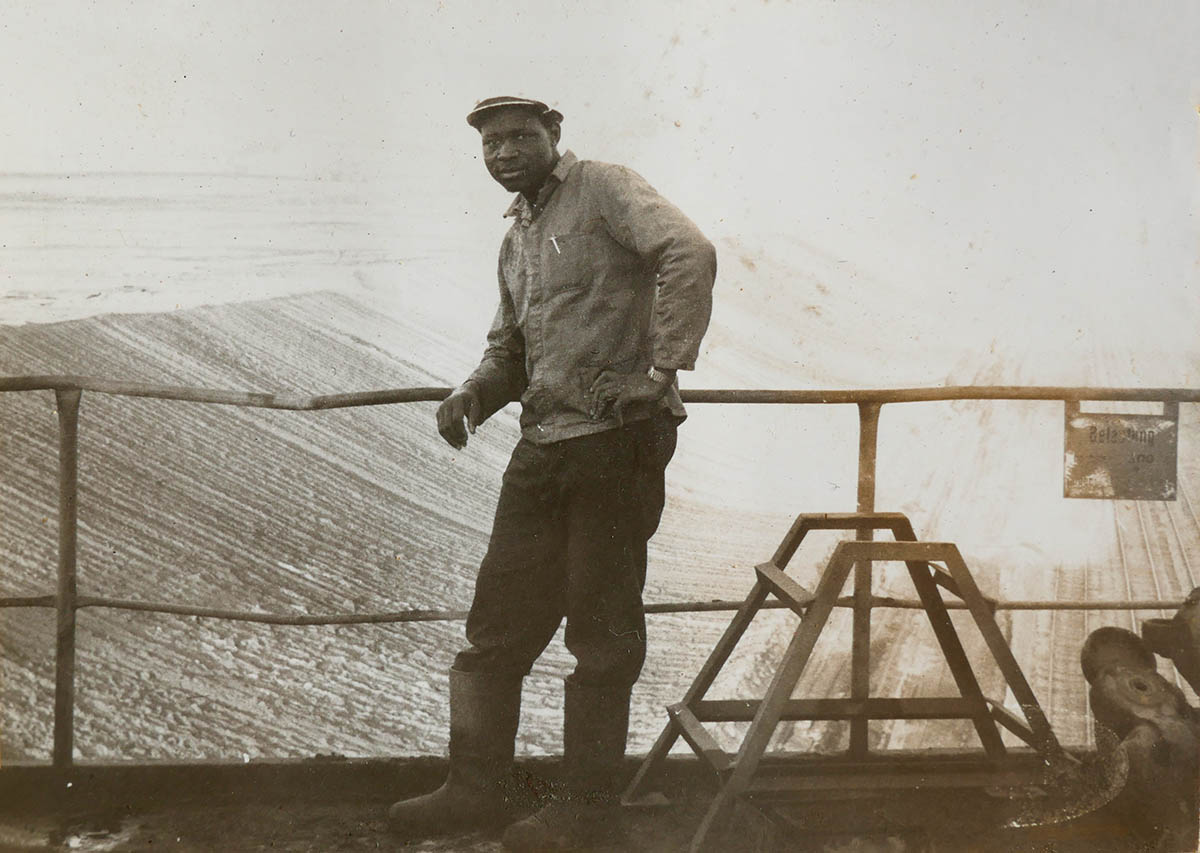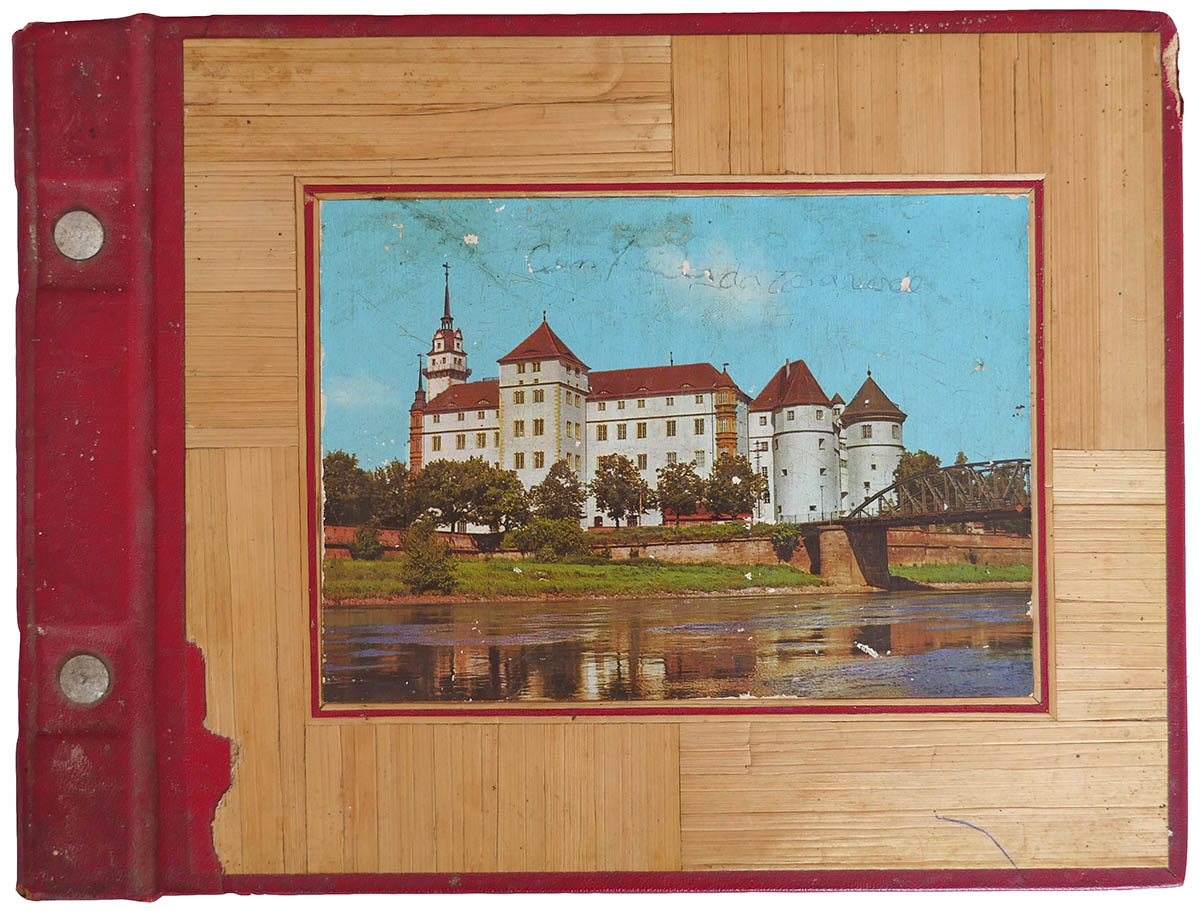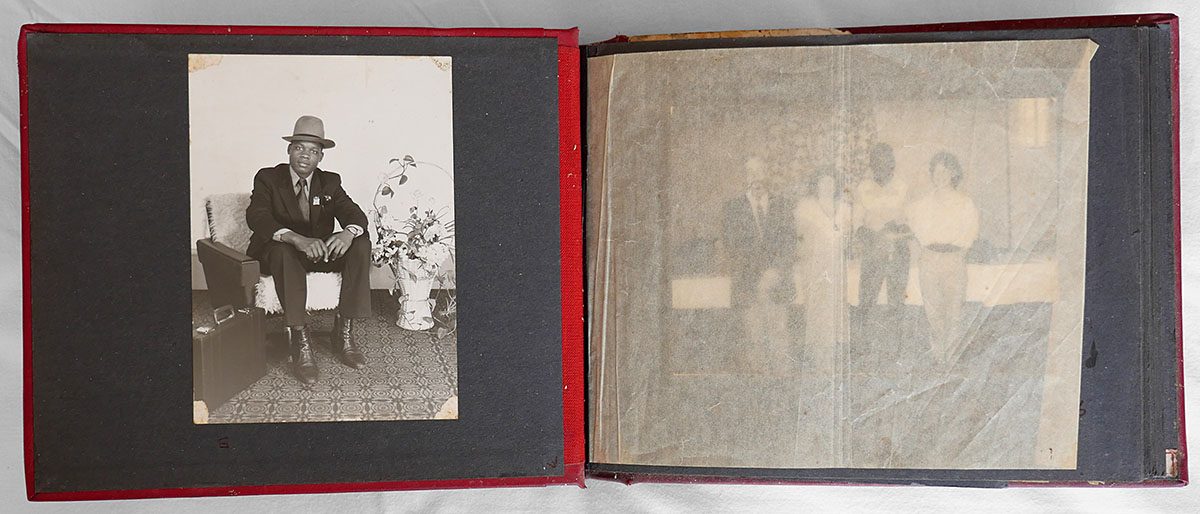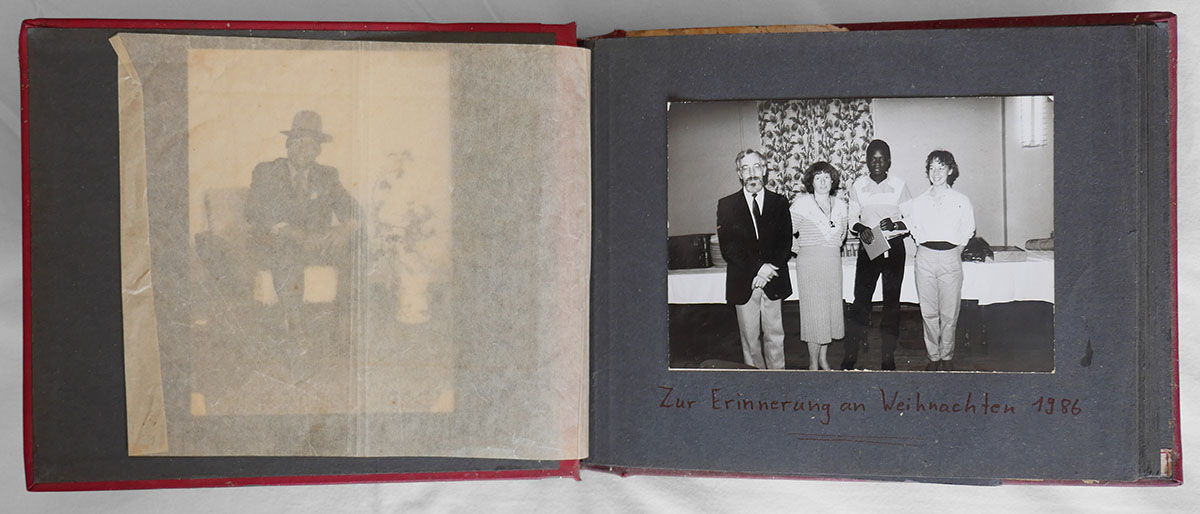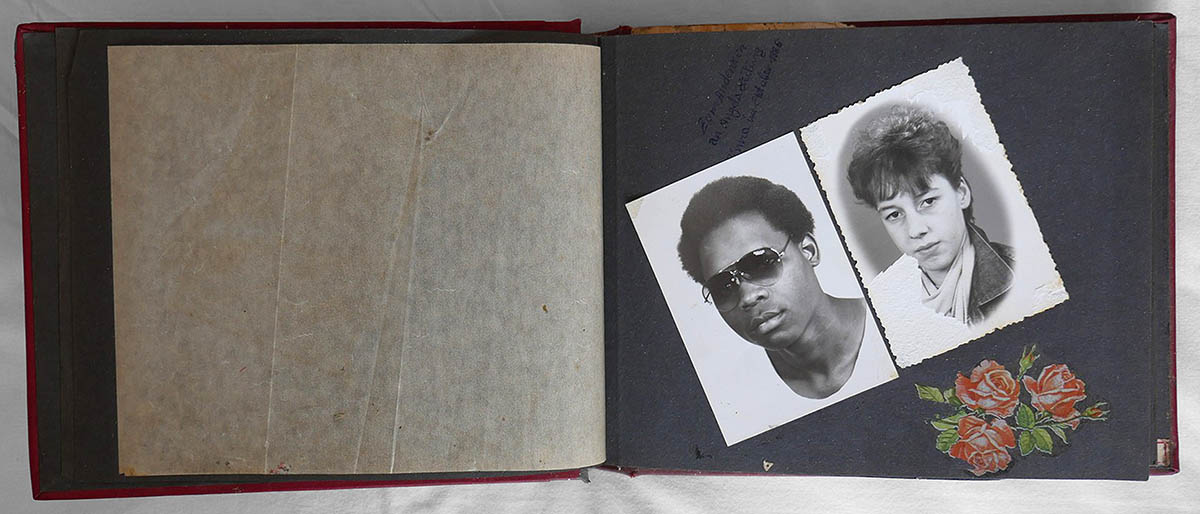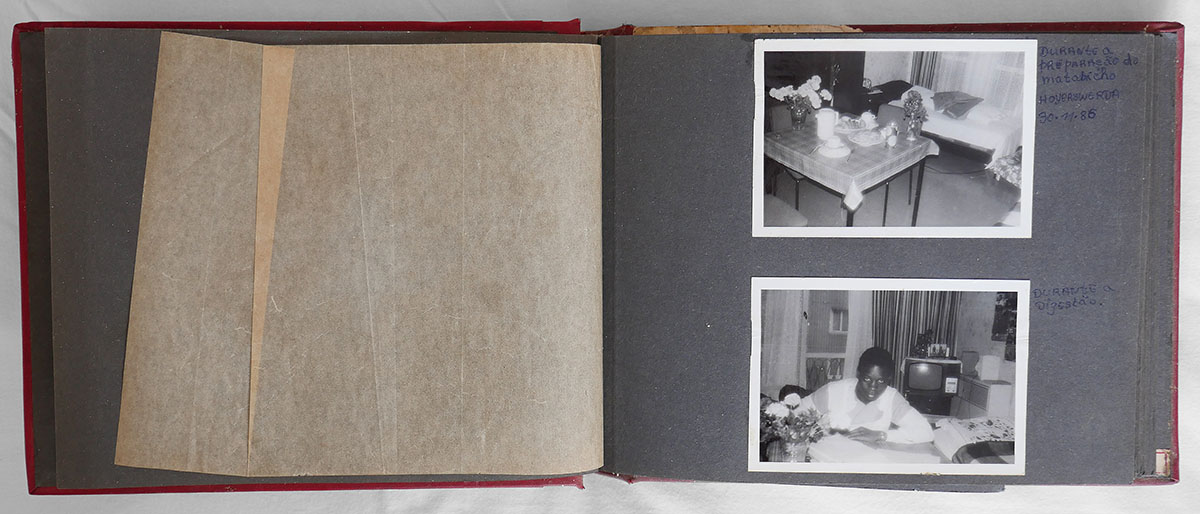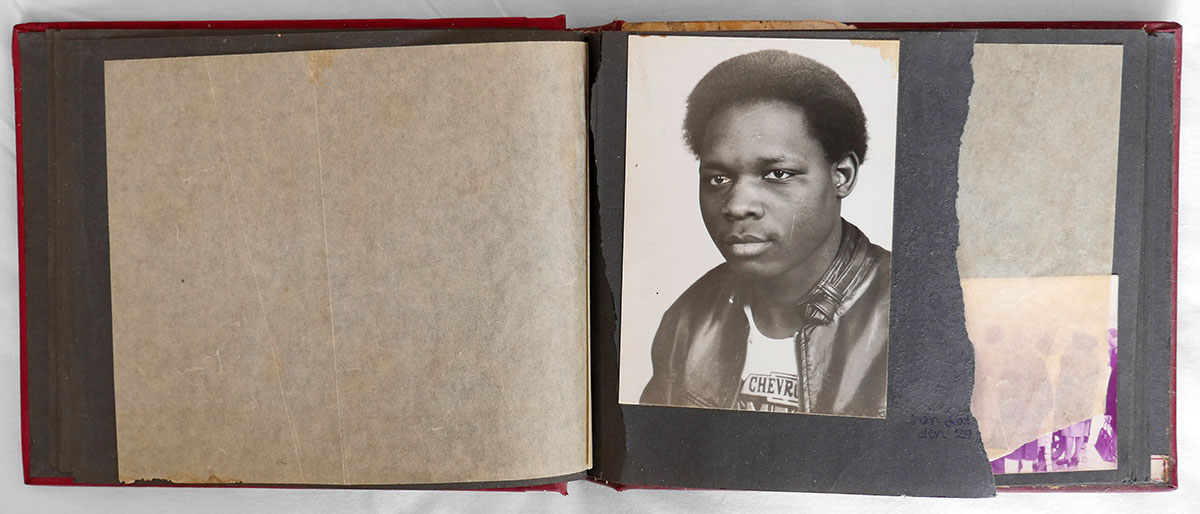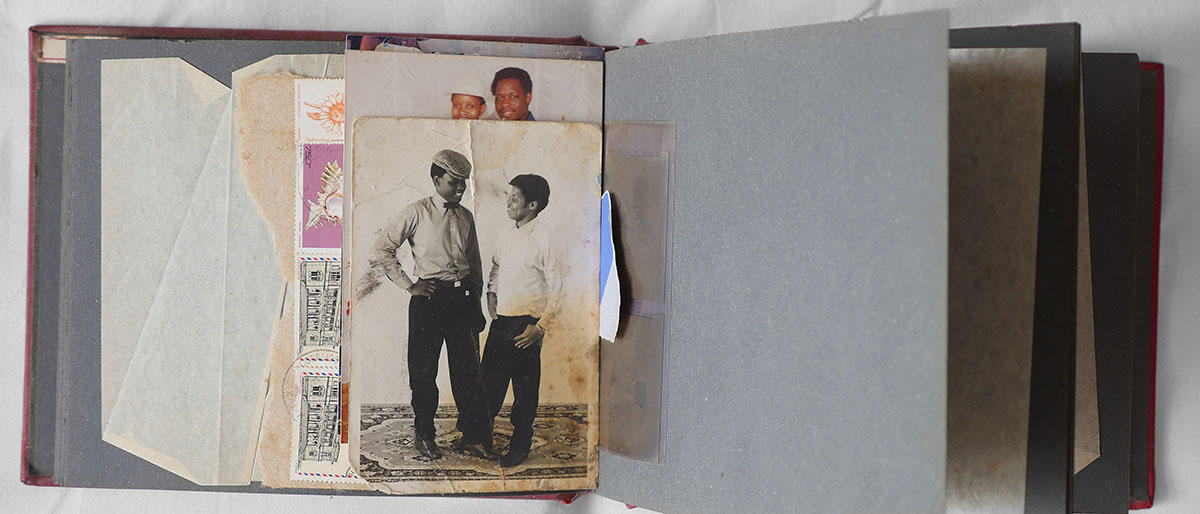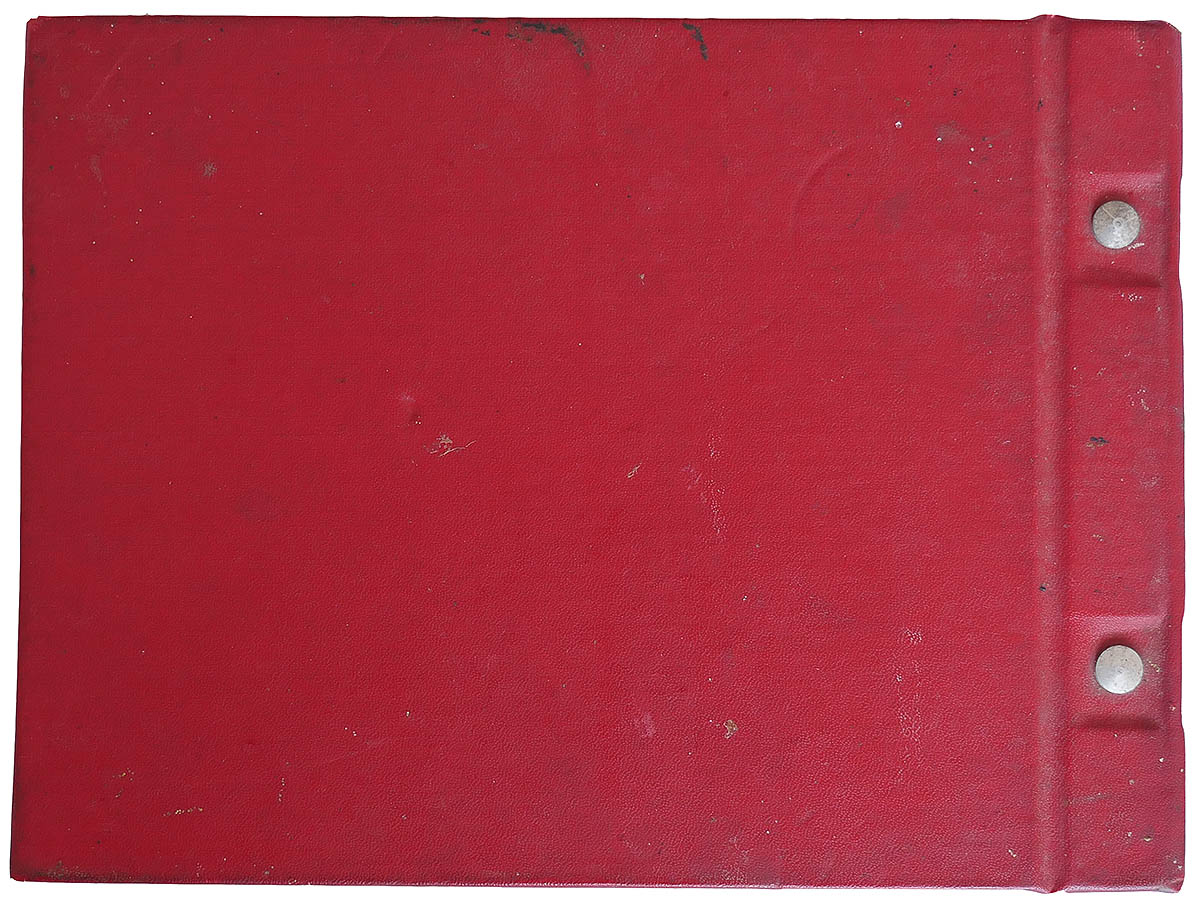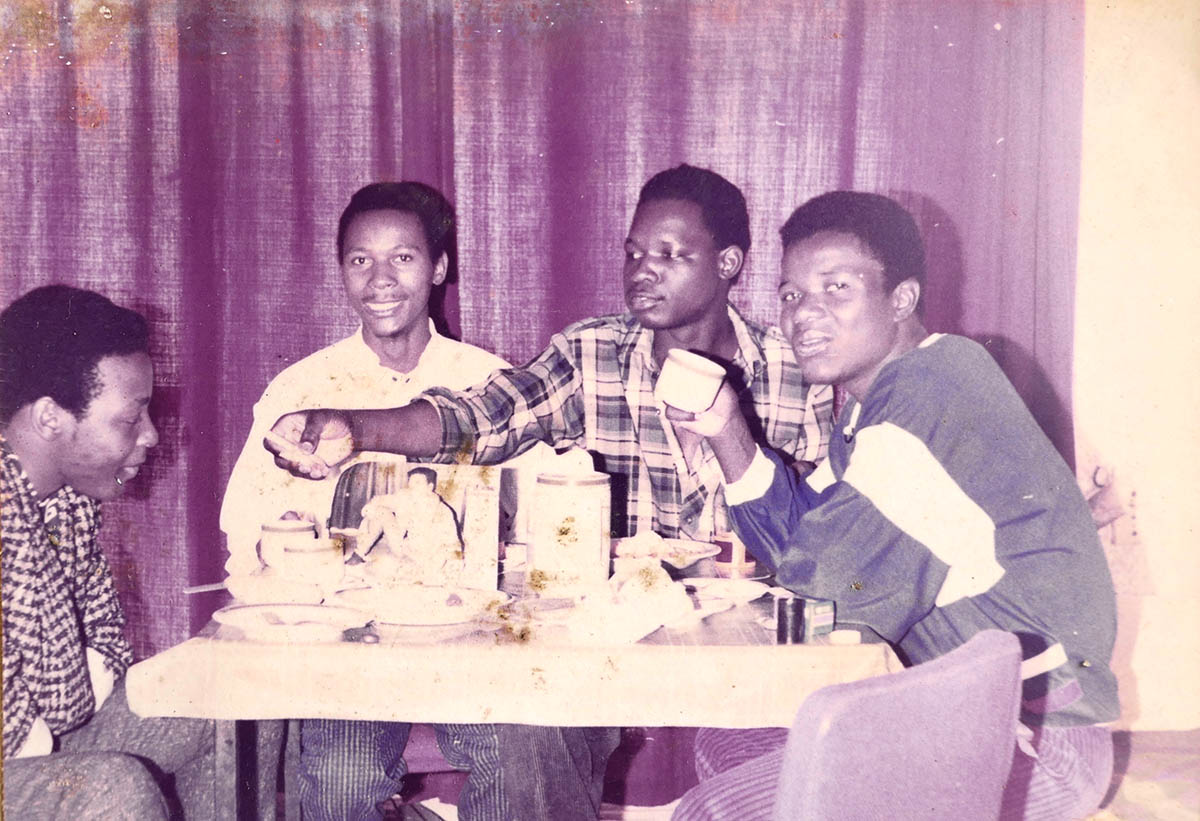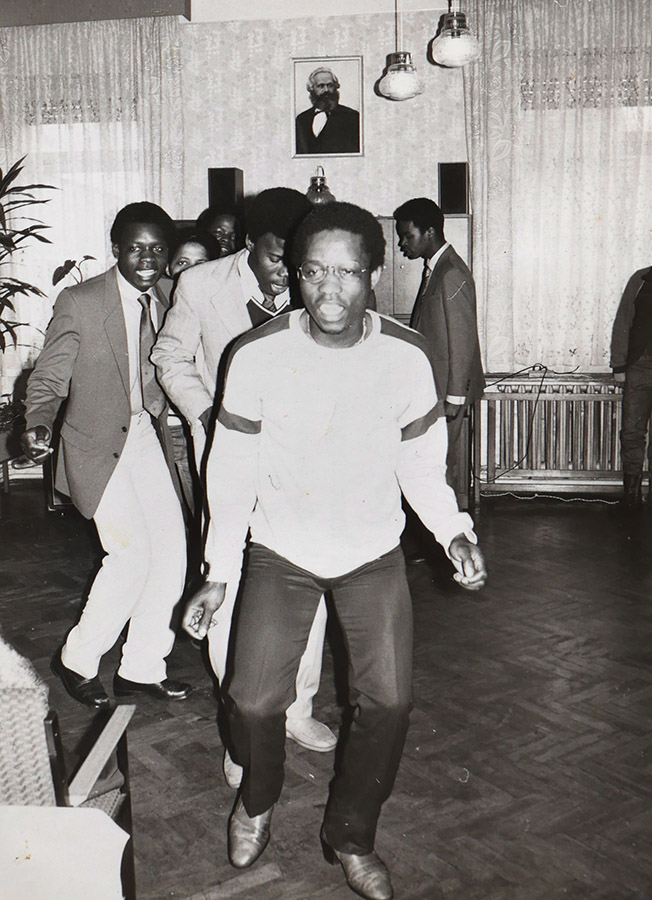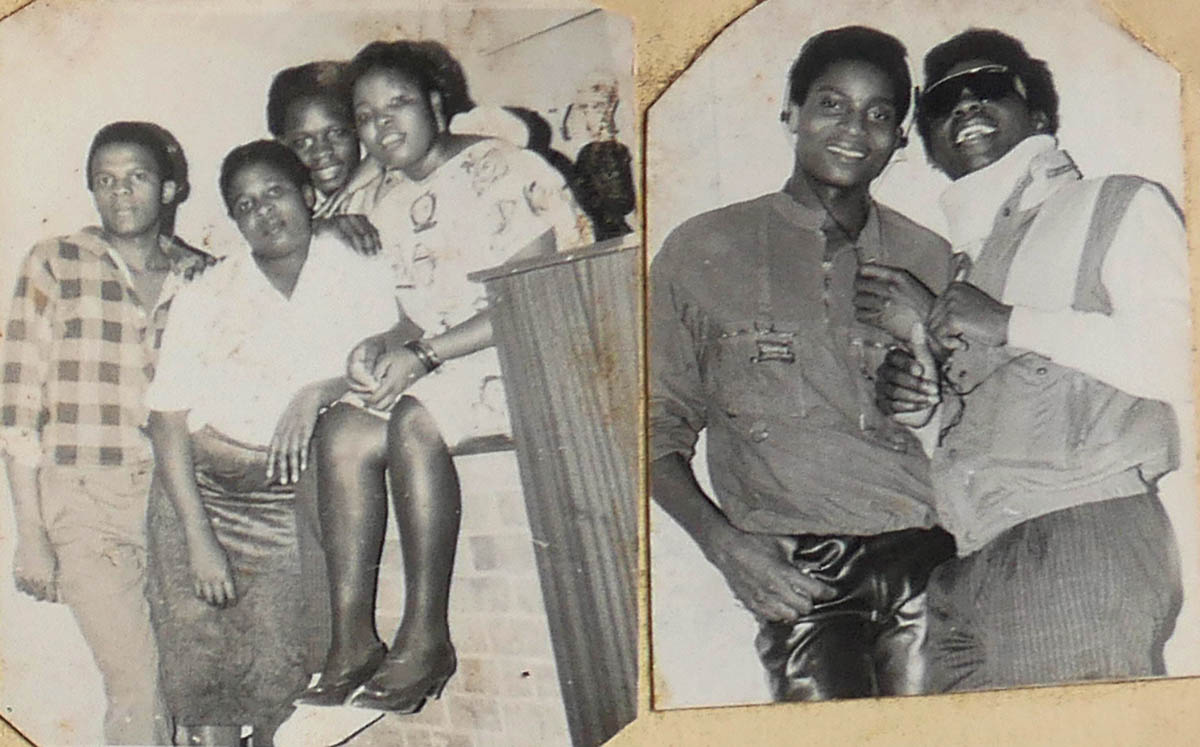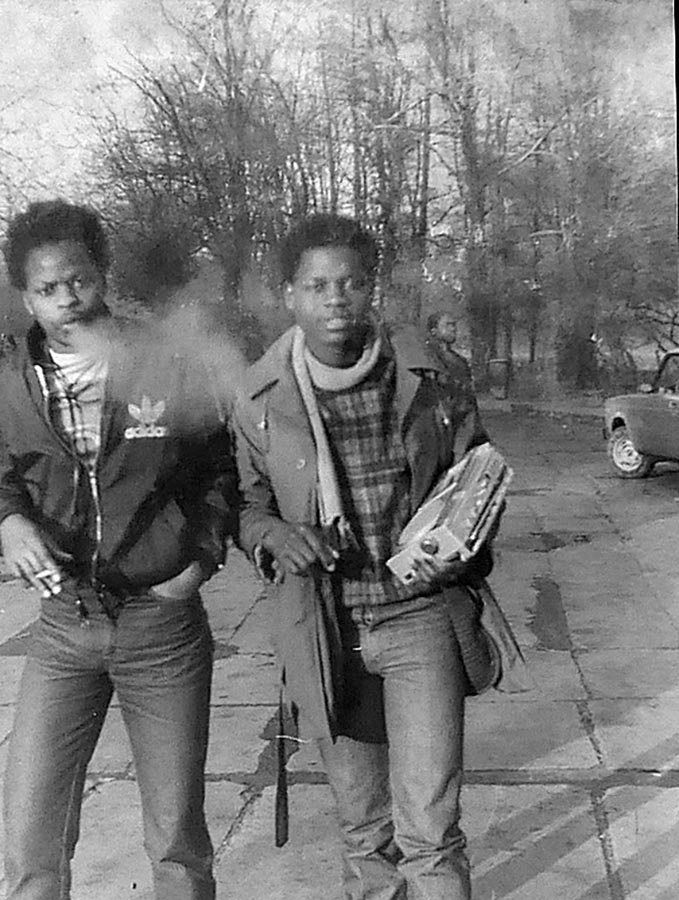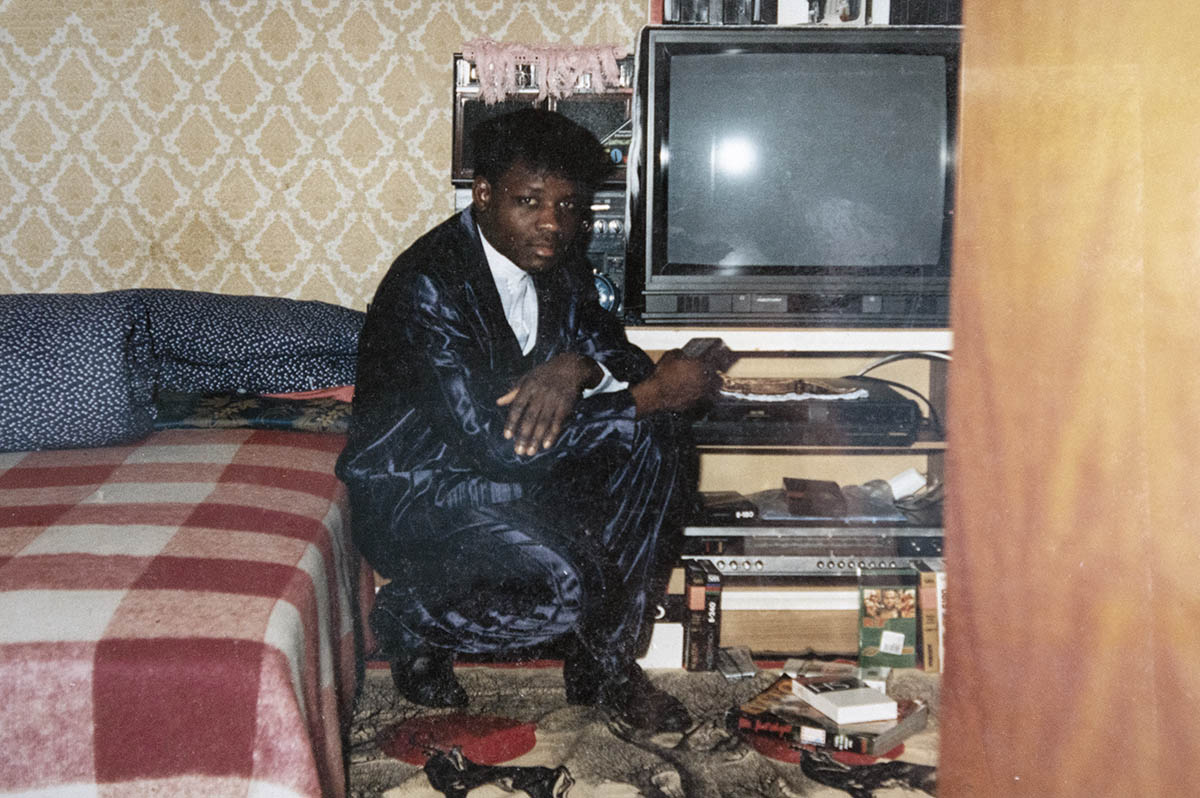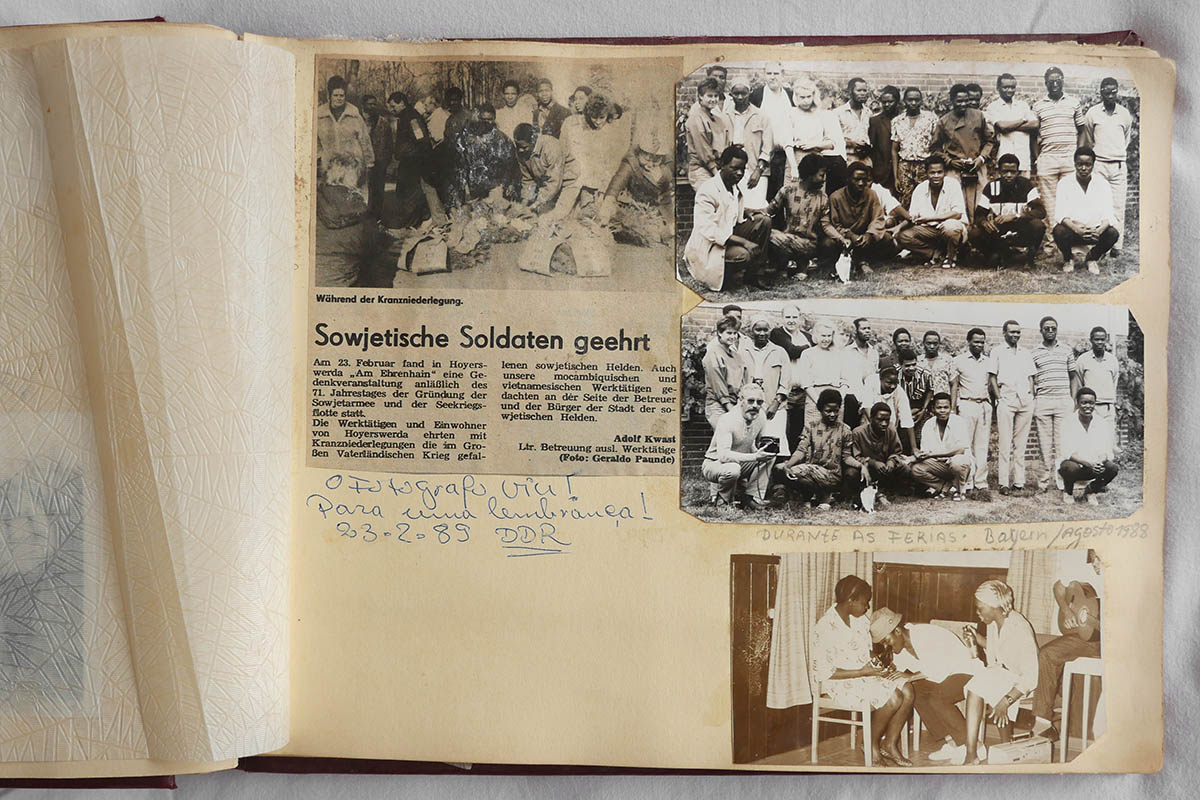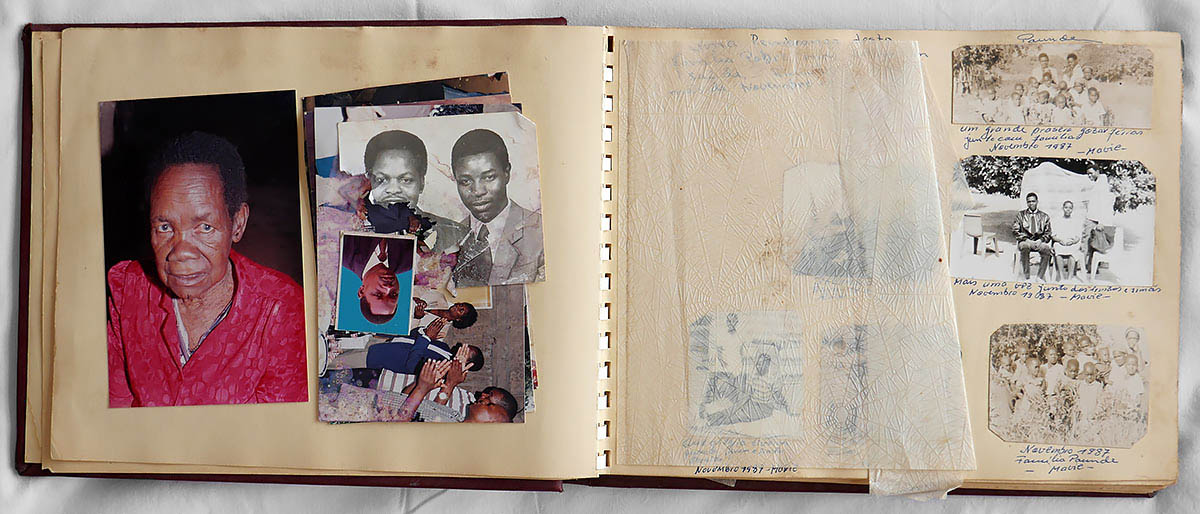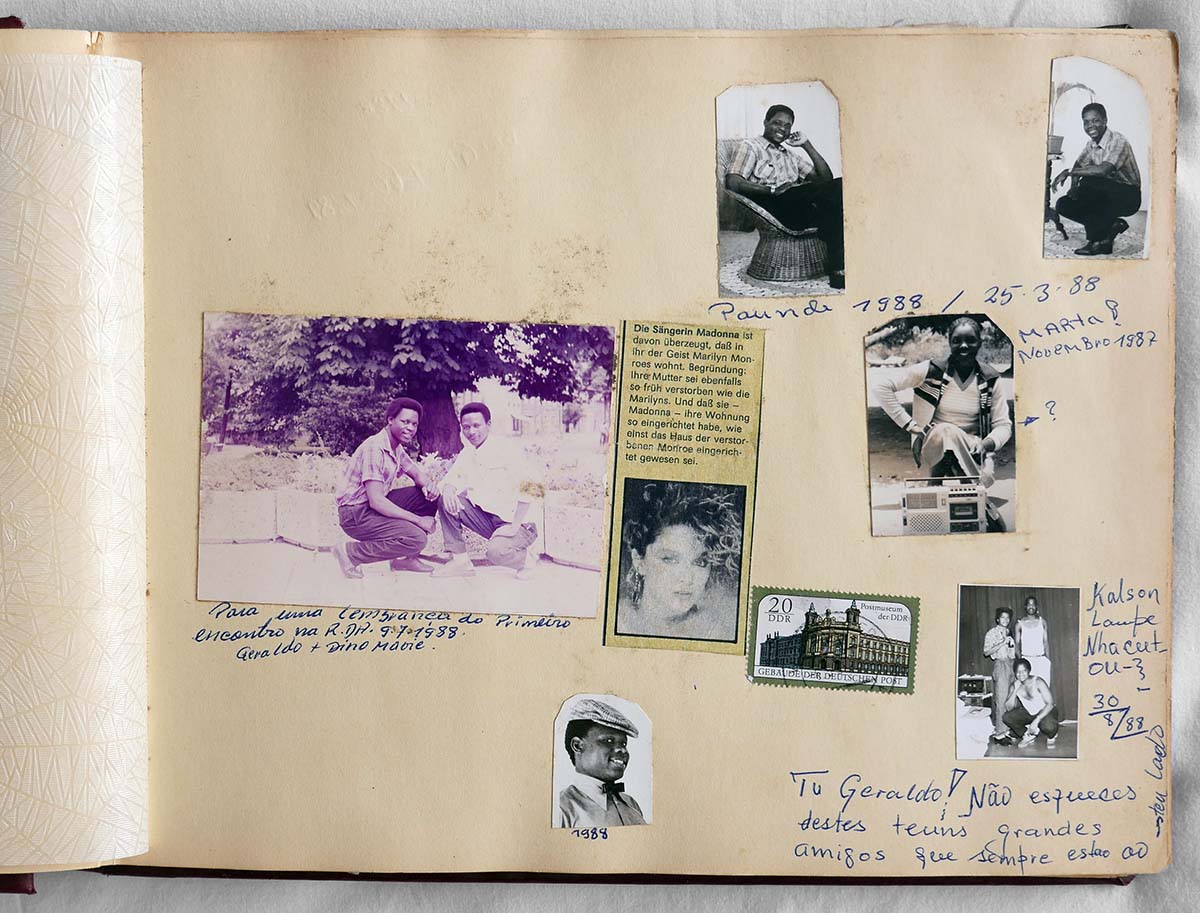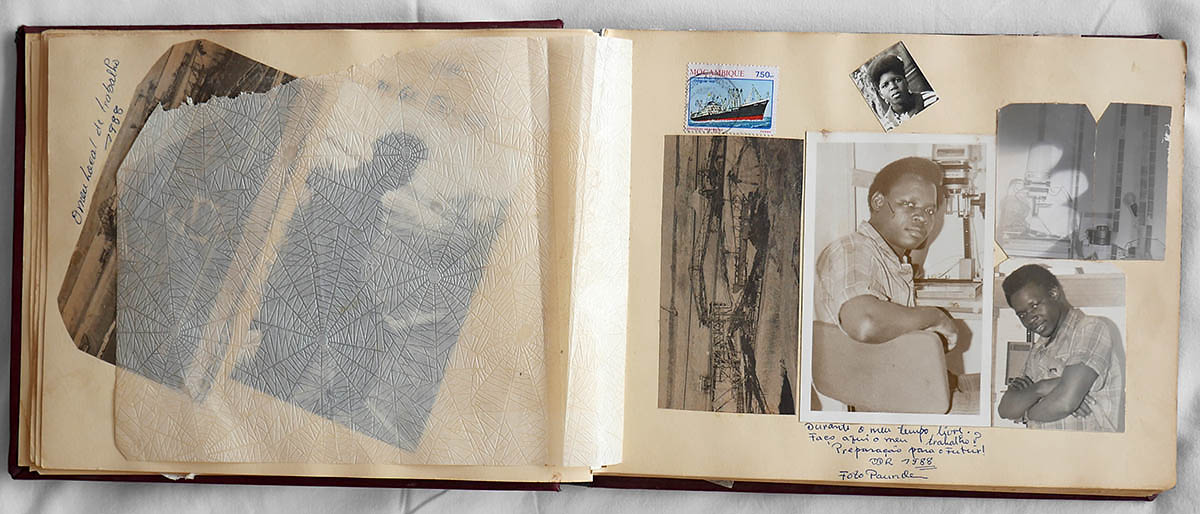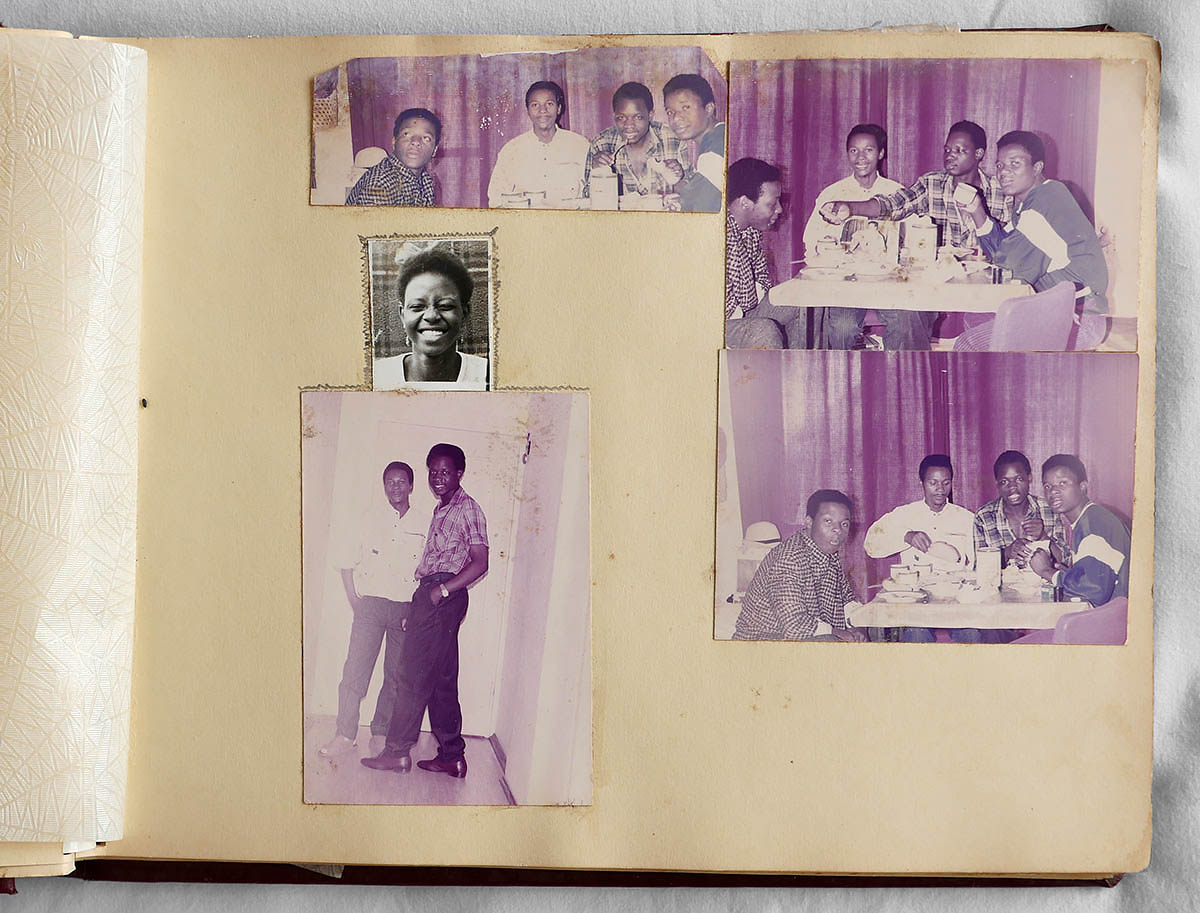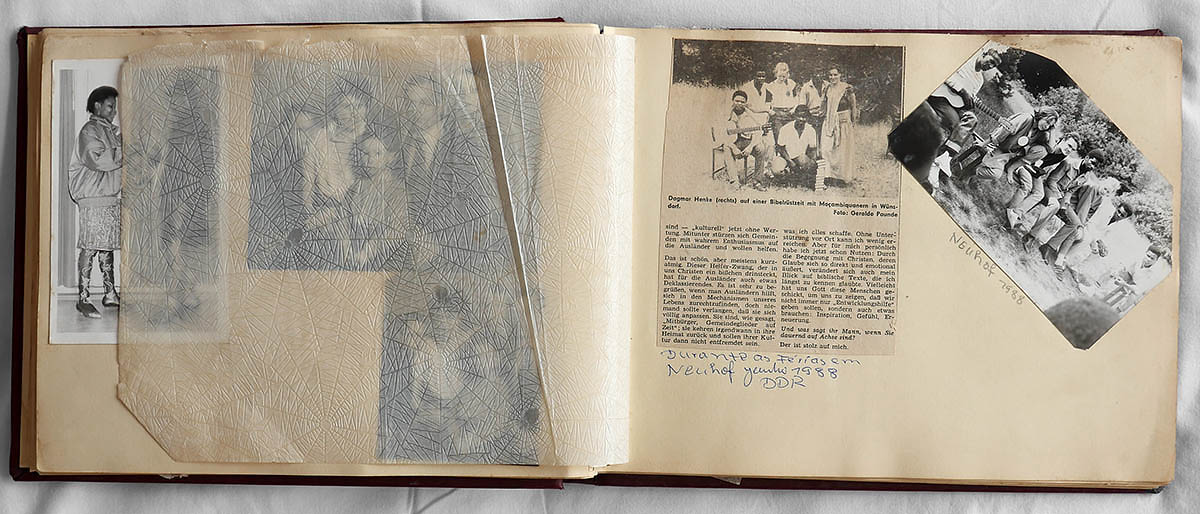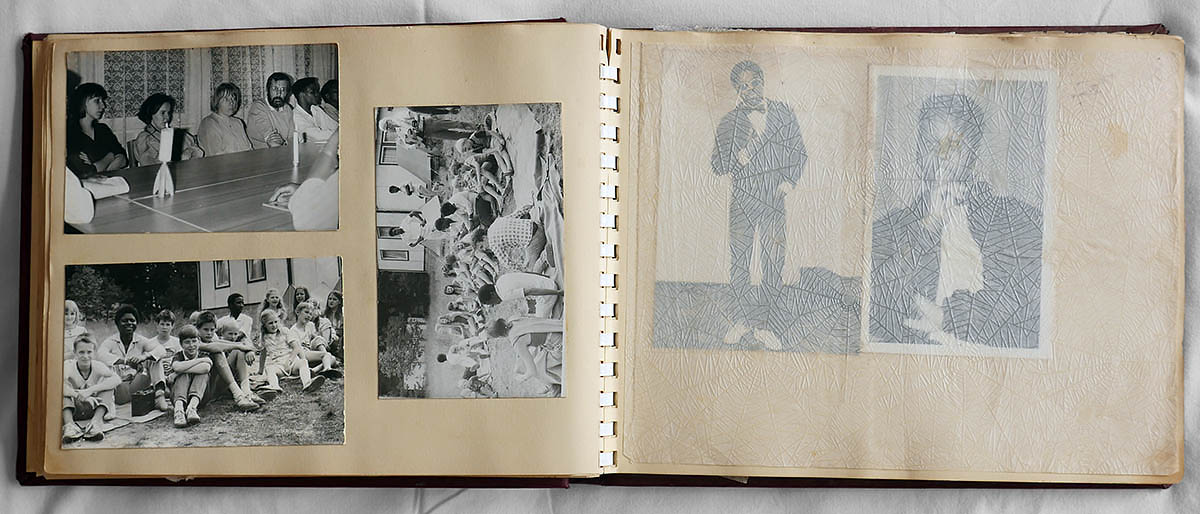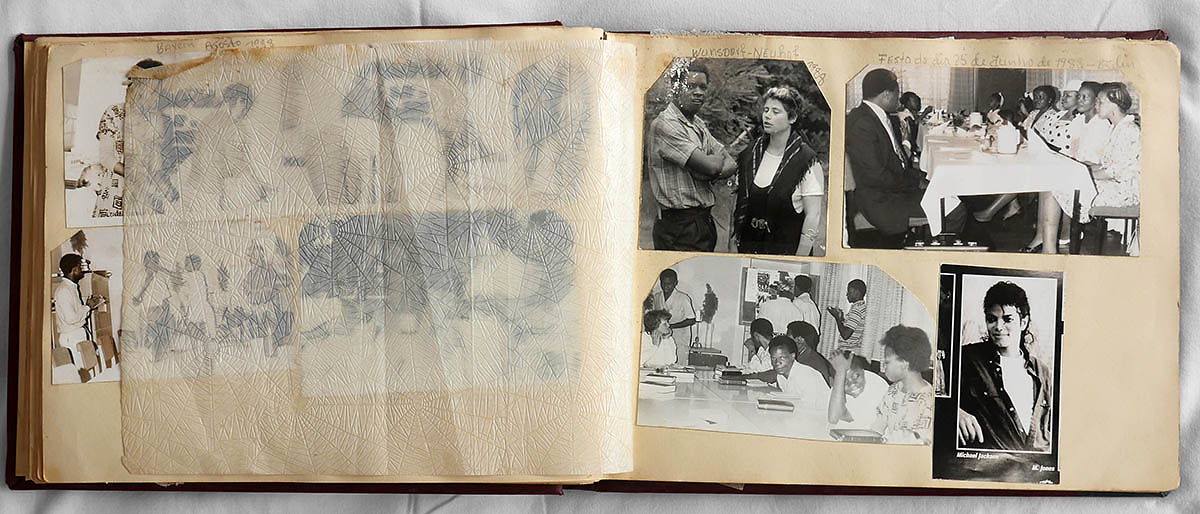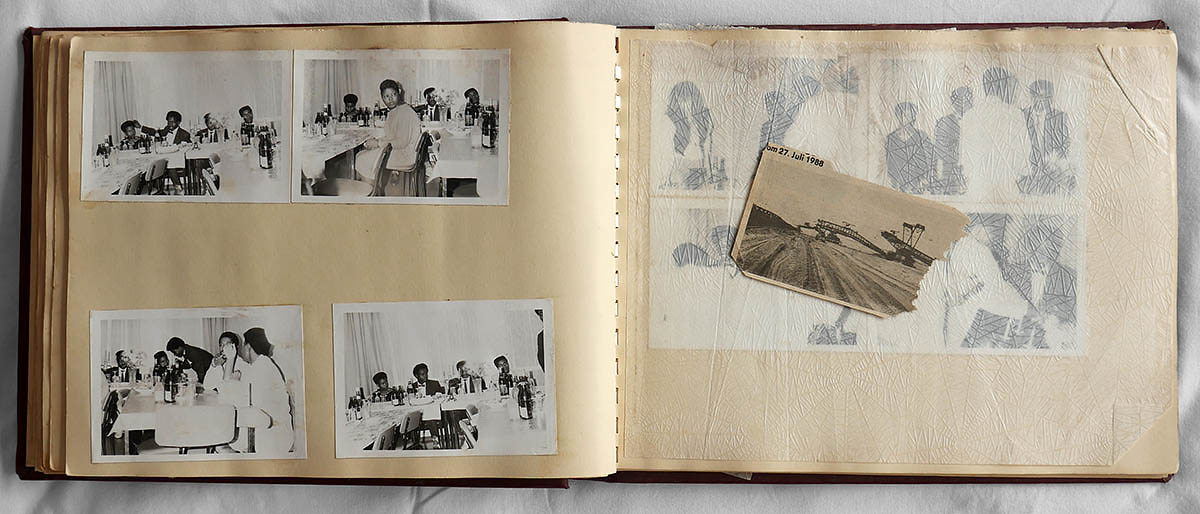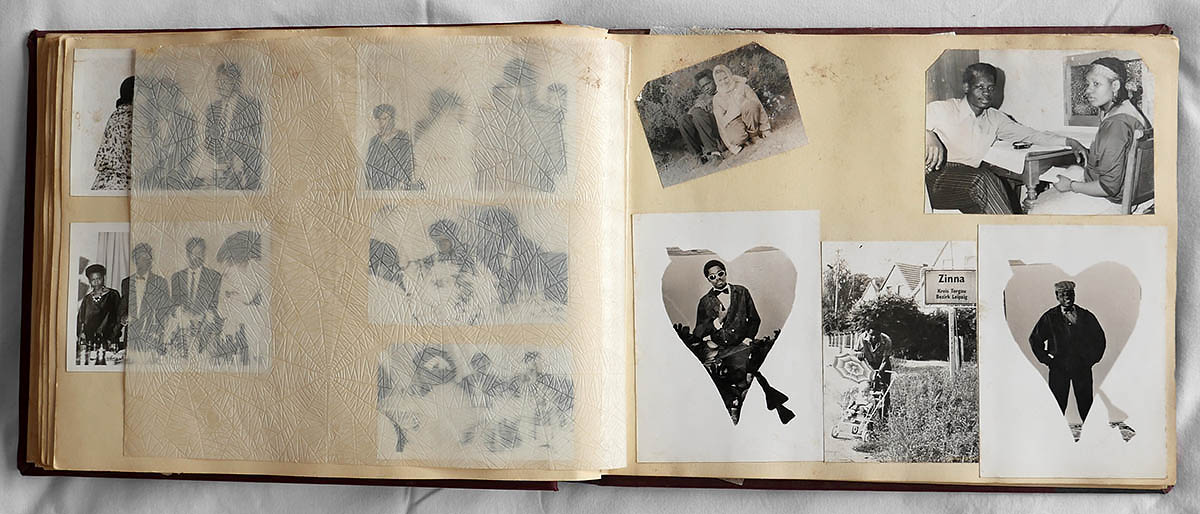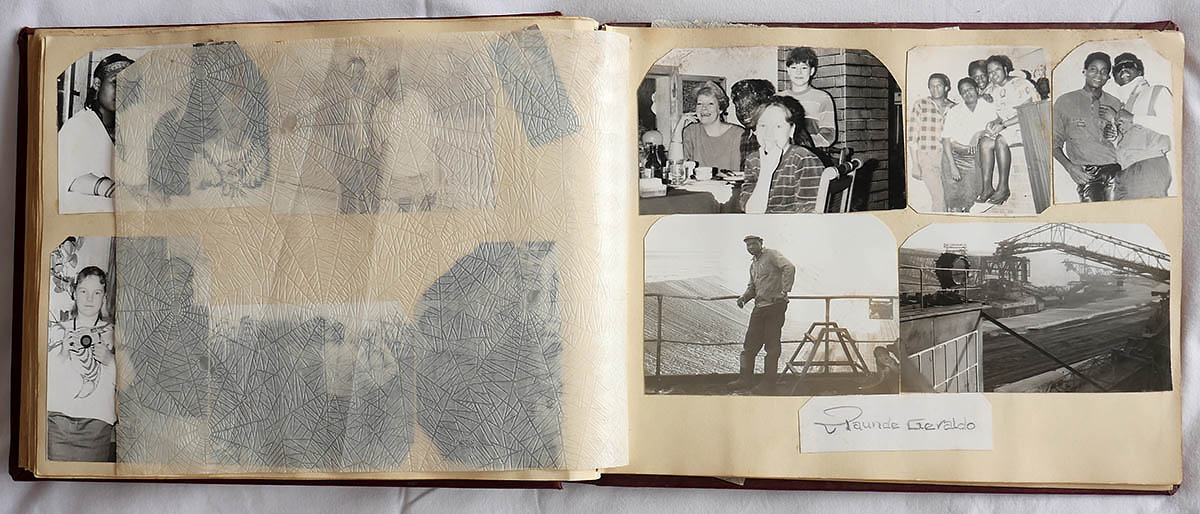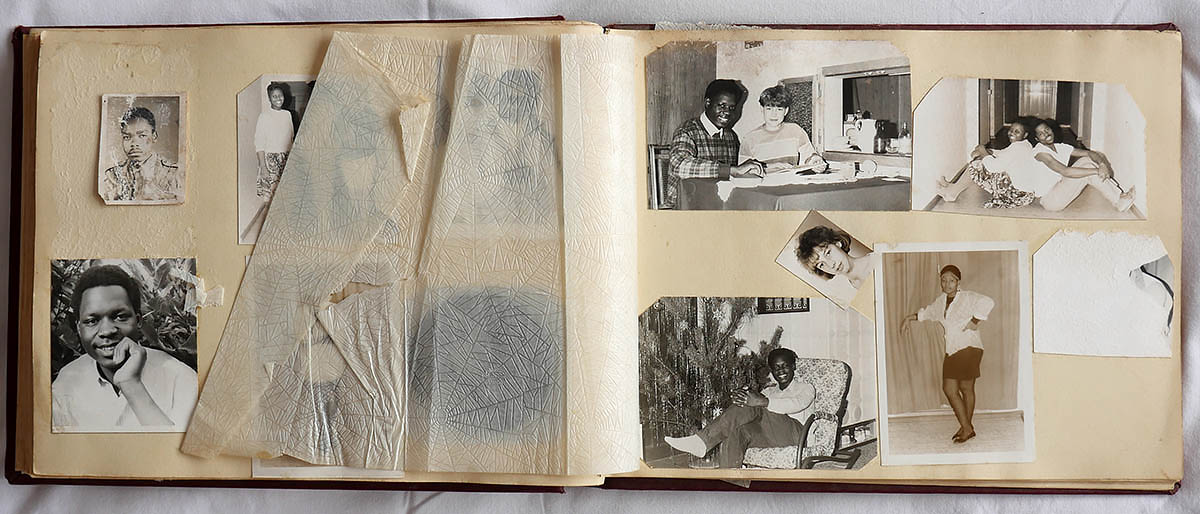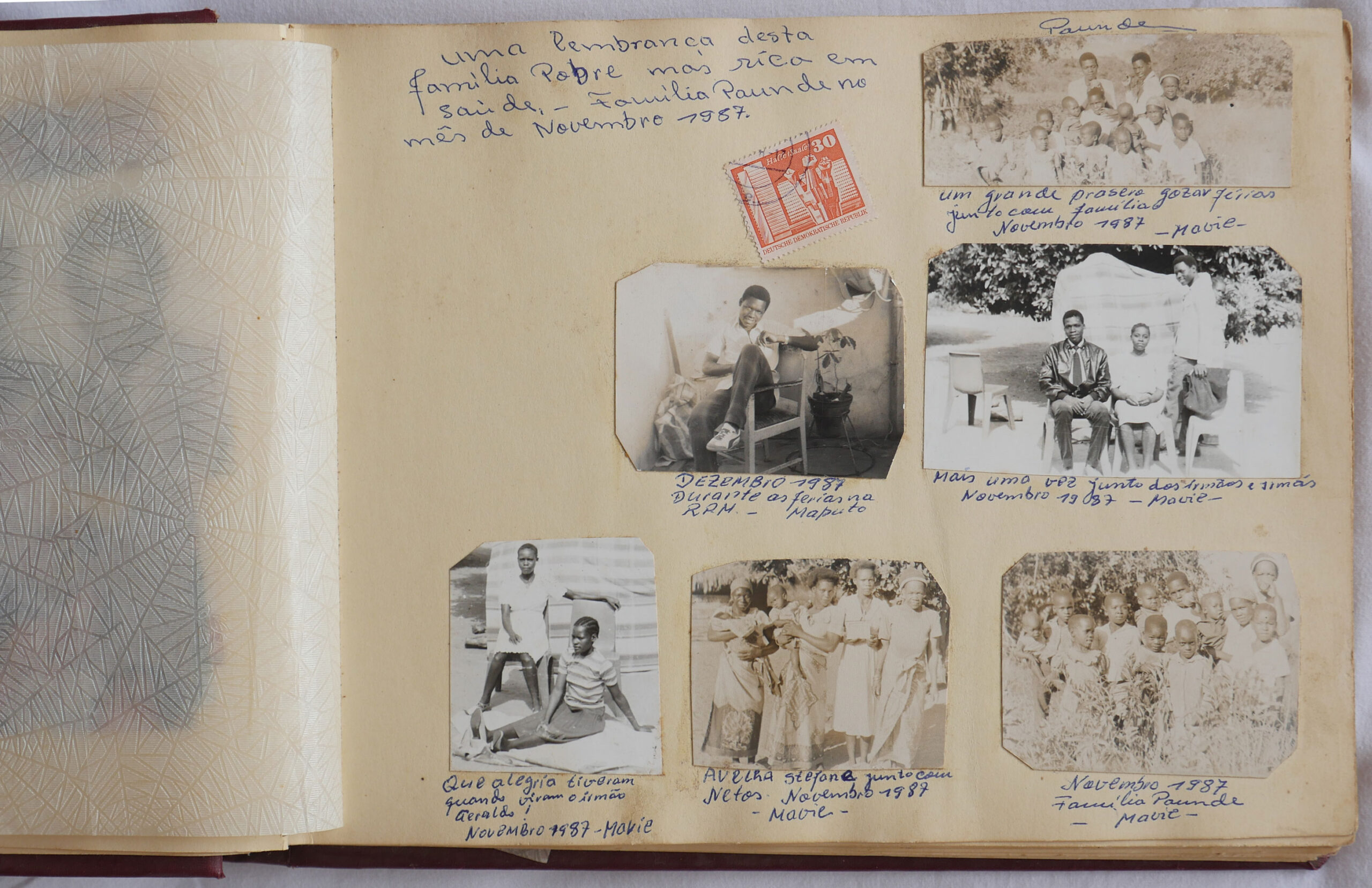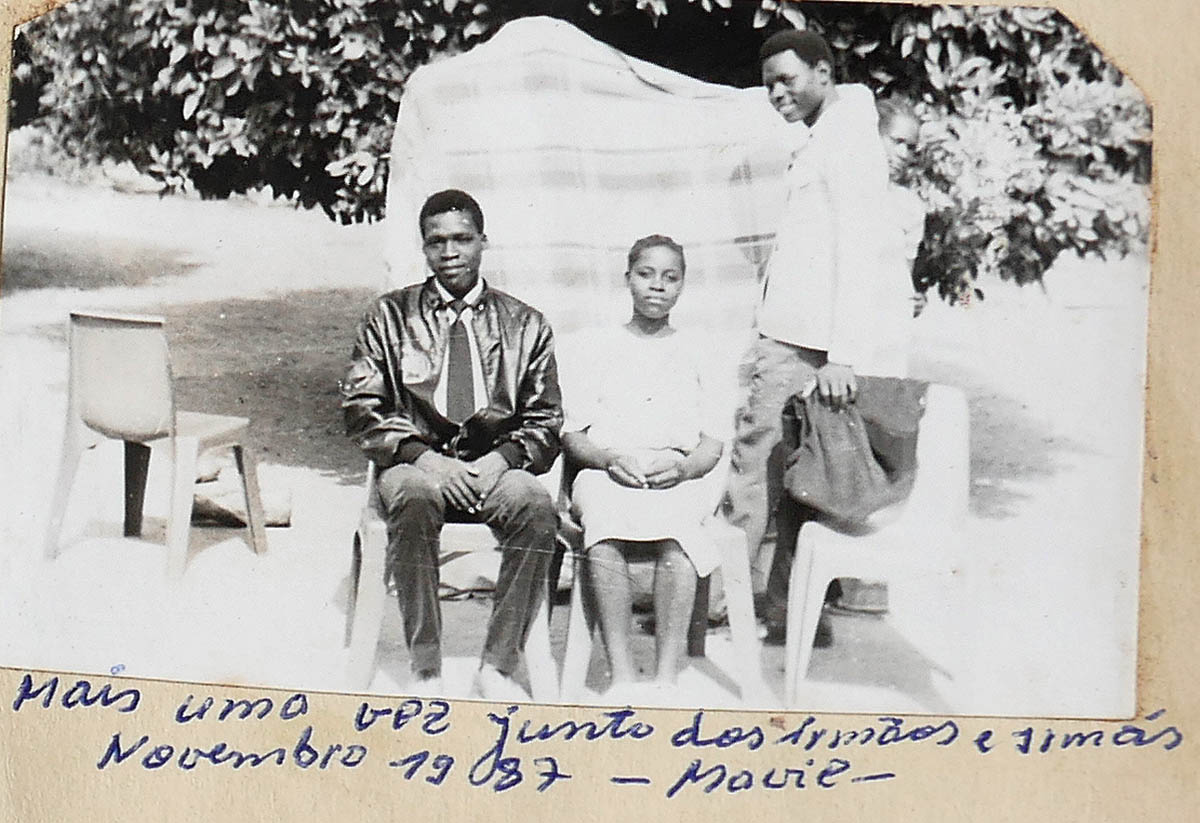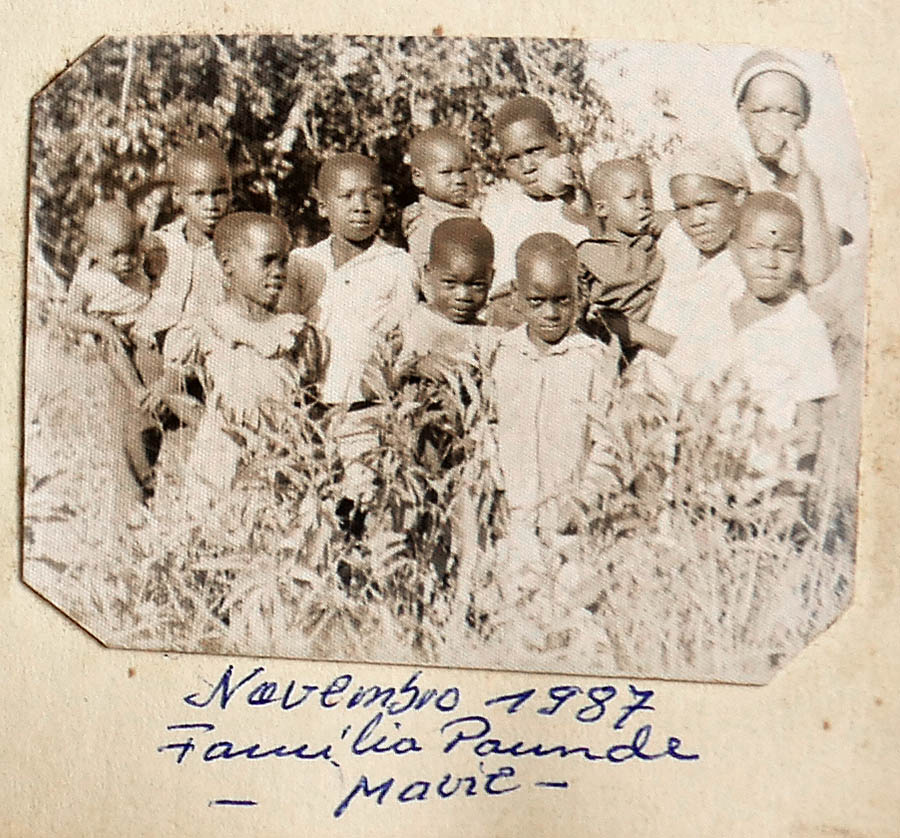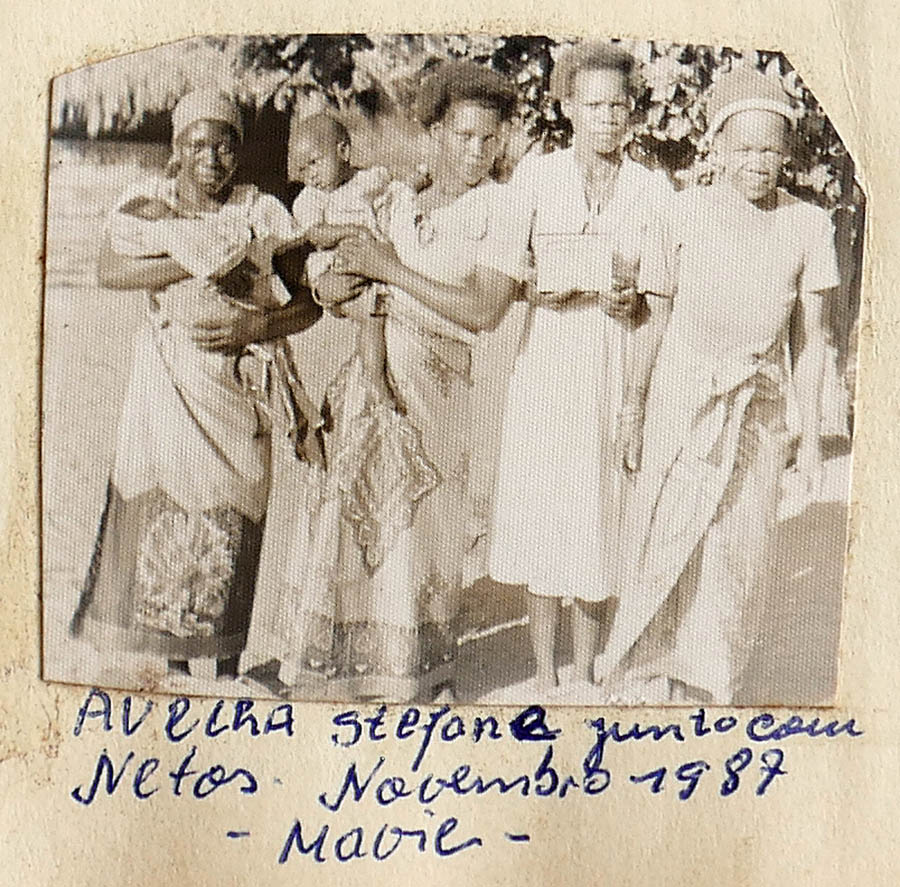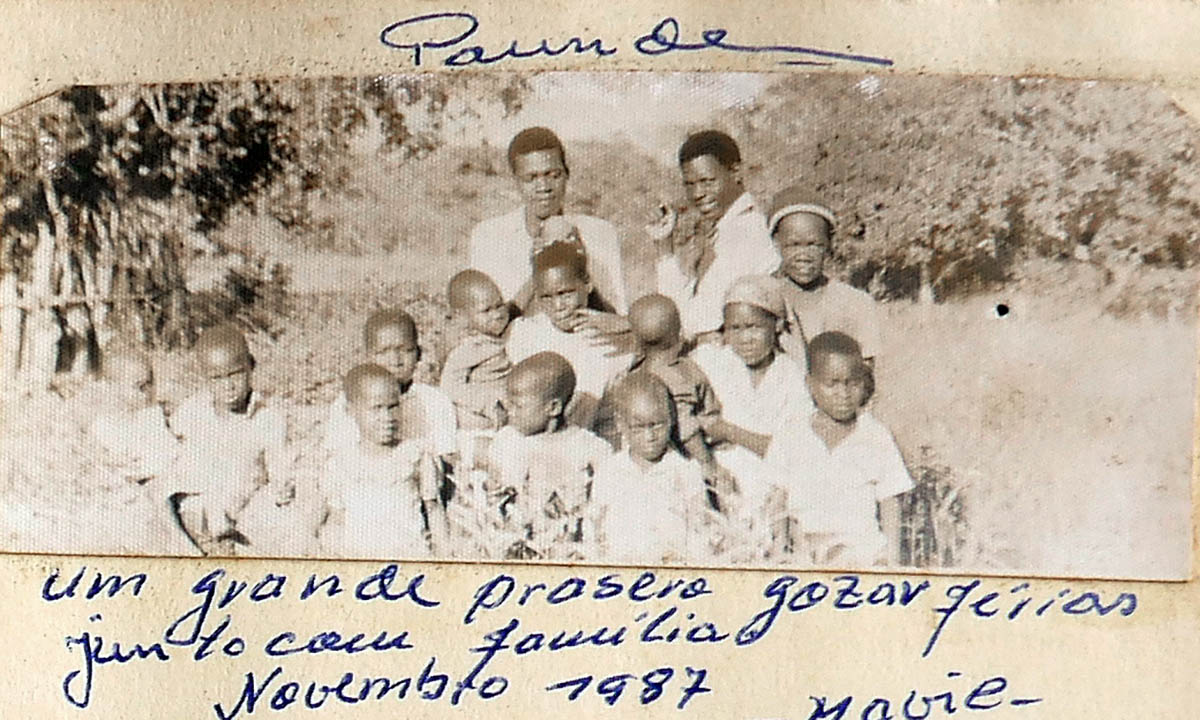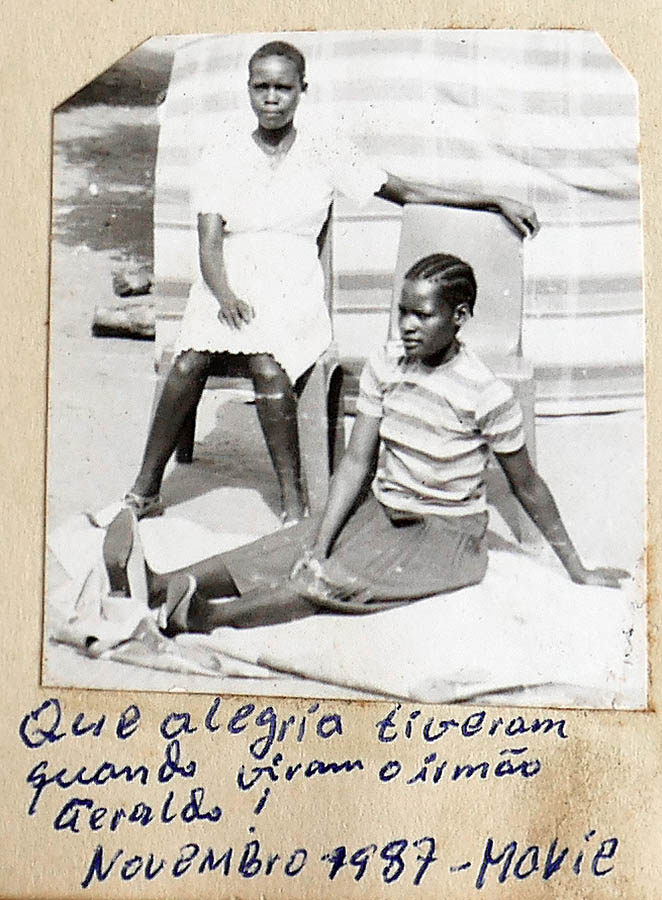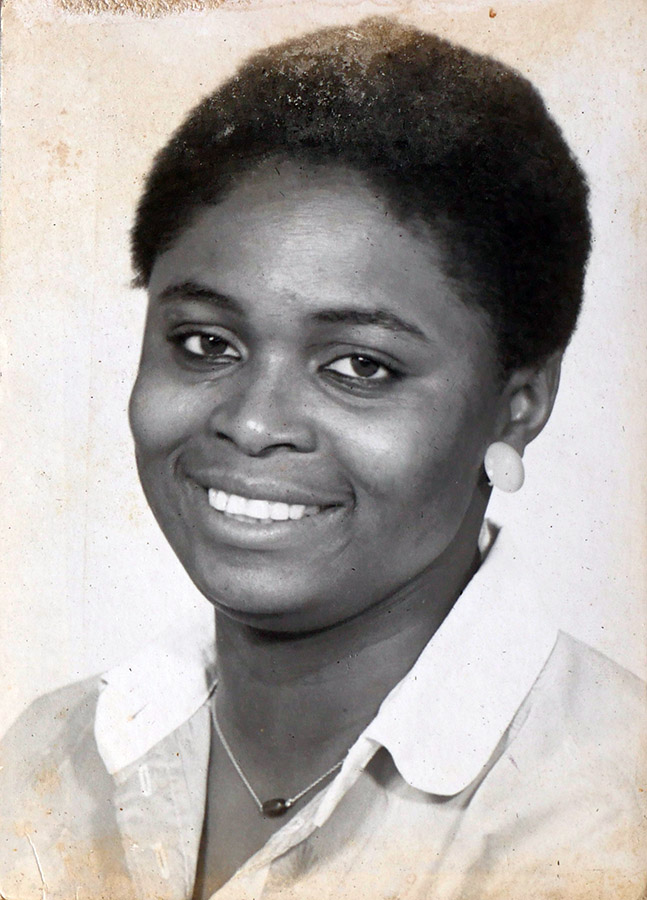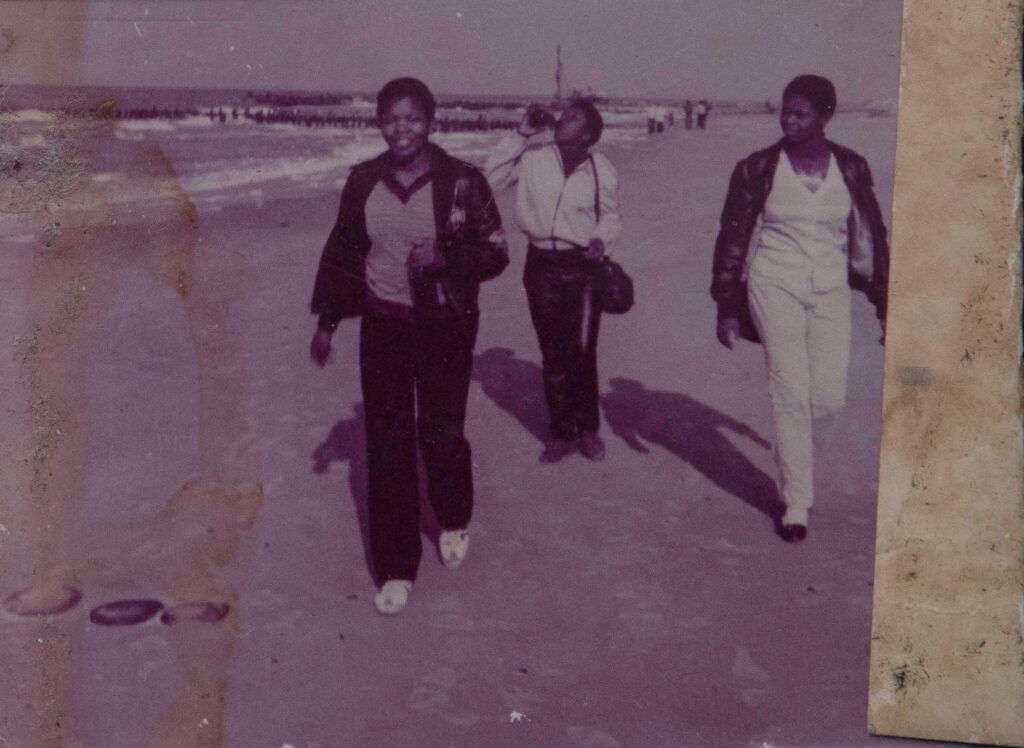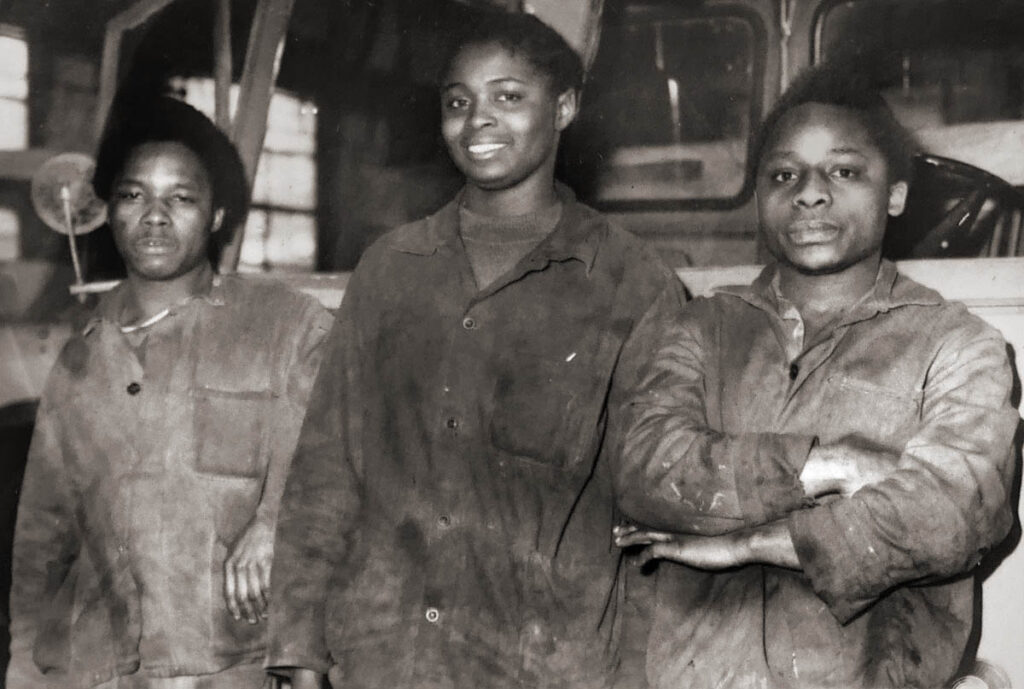Geraldo Paunde
Geraldo Paunde is one of the Mozambican contract workers, who arrive in the Lusatian mining region in the early 1980s. There he is trained as a machine fitter. He enjoys working with large machines. In Hoyerswerda, Saxony, he develops another passion: photography. Later, he makes a second profession out of this.
From Maputo to Lauchhammer
Geraldo Paunde has grown up in the countryside of Mozambique. He arrives in the capital Maputo as a teenager in 1979. At school, he hears about the option of doing an apprenticeship in the GDR. He applies. After various medical examinations, he spends several months in a preparation camp and finally flies to East Berlin in September 1983.
We didn't know that we were going into the mines.
Geraldo Paunde, Maputo 2021
At Schönefeld Airport, the group of young Mozambicans is immediately divided up. Some of their friends stay in Berlin. Geraldo Paunde goes on to Lauchhammer in the Lusatian coal mining region. His group is assigned to the Welzow brown coal combine. After three months of German language training, his work in the open pit mine as well as his training as a machinist begin.
Geraldo Paunde talks about arriving, his work in the open pit mine and photography.
Shift work and supper
The young Mozambicans work in shifts. When they get up in the morning it is still dark outside, and even in winter they must work outside in the open-cast mines. The polytechnic vocational training takes place on top of their work. Very unusual is the food. Although the work is very strenuous, there is only one hot meal at lunchtime. In contrast in Mozambique hot meals are eaten three times daily. “All we ever had was bread,” Geraldo Paunde recalls, “but we got used to it.” Nevertheless, he enjoys the work.
I was satisfied. It was a man’s job: fitter of machines.
Geraldo Paunde, Maputo 2021
Move to Hoyerswerda
After completing his training, Geraldo Paunde moves to Hoyerswerda in 1987. The first group of Mozambican contract workers had arrived in 1979 in that city. They are respectfully called “veterans” by the newcomers. In the residential home on Clara-Zetkin-Strasse tenants share three- to four-room apartments. Now they cook for themselves in their own kitchen.
Geraldo Paunde has known the vicar family Keiling from Zinna near Torgau since 1986 and has become friends with them. Geraldo often spends the weekends with them. Together they attend meetings with other Mozambicans and representatives of the African National Congress (ANC) from South Africa. Geraldo is a practicing Christian himself. He often participates in worship services, meetings and outings of the church groups. To this day, he is still in close contact with the Keiling family.
Geraldo Paunde talks about family Keiling, his first camera and outings with the church group.
Having pictures taken
Geraldo Paunde learns how to photograph from Reverend Keiling. The vicar presents him with a camera, and later also with an enlarger for prints. With this equipment Geraldo sets up a small darkroom in the residential home. With time he becomes more and more professional and establishes a second career as a photographer for himself. First and foremost, he takes pictures of his Mozambican colleagues. His photos are much coveted, and sent back to the families or shared among each other. When a new group arrives, he visits their residential homes, takes photos there and sells the prints. Over time, many photos emerge beyond the pattern of the usual studio photos. Some of them still feature in his photo albums. And sometimes his photos are also published in the newspaper.
The Archive of Geraldo Paunde
Geraldo Paunde’s photo collection is tremendous. In a variety of albums he has arranged and archived his pictures. There a several photos on each page. Some of the albums he compiled only after his return to Mozambique, so that times and places do not always match. In this section, we present only a small selection of his extensive stock.
Vacation in Mozambique
When his first employment contract ends, Geraldo Paunde visits Mozambique for three months. He knows already that he will return and work in East Germany for another four years. He brings along his camera and portrays his family and friends. His intention is to use the photos to illustrate his life in Mozambique to East Germans.
Coming home
In 1991, his second employment contract ends as well. Geraldo Paunde wants to return to Mozambique and start a family. He assumes that his withheld wage shares will be paid to him there. For eight years, up to sixty percent of his net salary has been retained in the GDR. He was told that it would be credited to a bank account to his name in Mozambique. With this money he now wants to build his life in Maputo.
But things don’t turn out as expected. In vain, Geraldo Paunde and his colleagues wait for their money.
To this day, these wages have not been paid to the former contract workers from Mozambique.[1] Geraldo Paunde does not find a job as a machinist in Mozambique. But he has brought his photographic equipment with him. Over the next few years this helps him to survive. He sets up his own business as a photographer. But with the digitalization of photography, this income source also dries up.
Geraldo Paunde talks about his life after returning to Mozambique, how he managed to survive with his photography, and introduces his wife.
Today Geraldo Paunde works for an electronics company and lives with his family in Maputo
Credits:
Catarina Simão conducted the interview in Maputo in 2021.
Text: Julia Oelkers
Research and research protocol photos: Catarina Simão, Julia Oelkers
Video edting concept: Julia Oelkers
